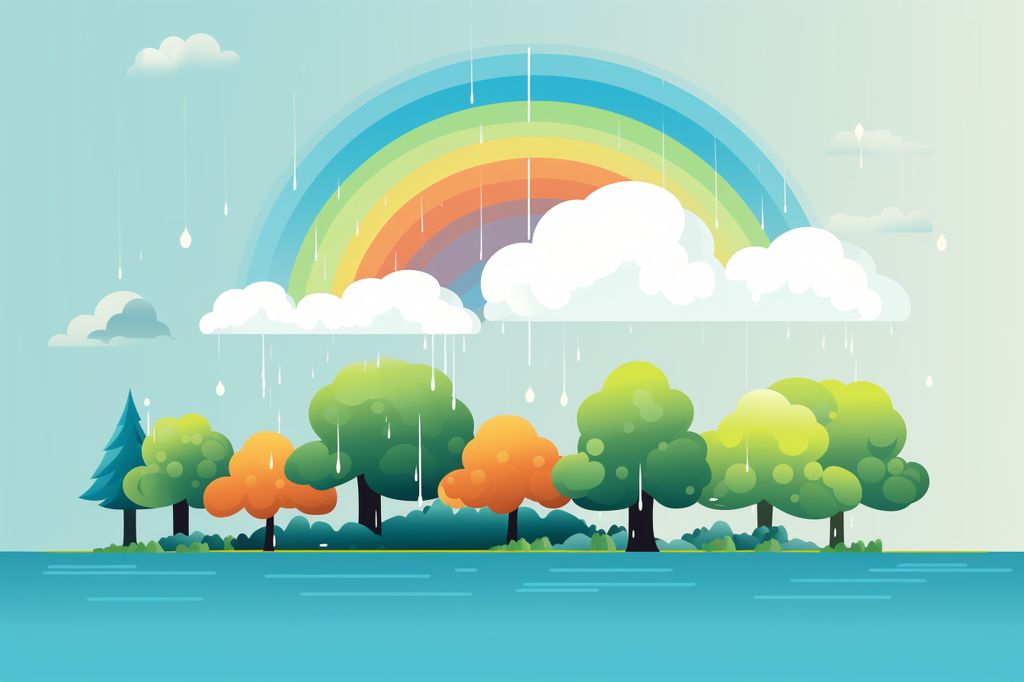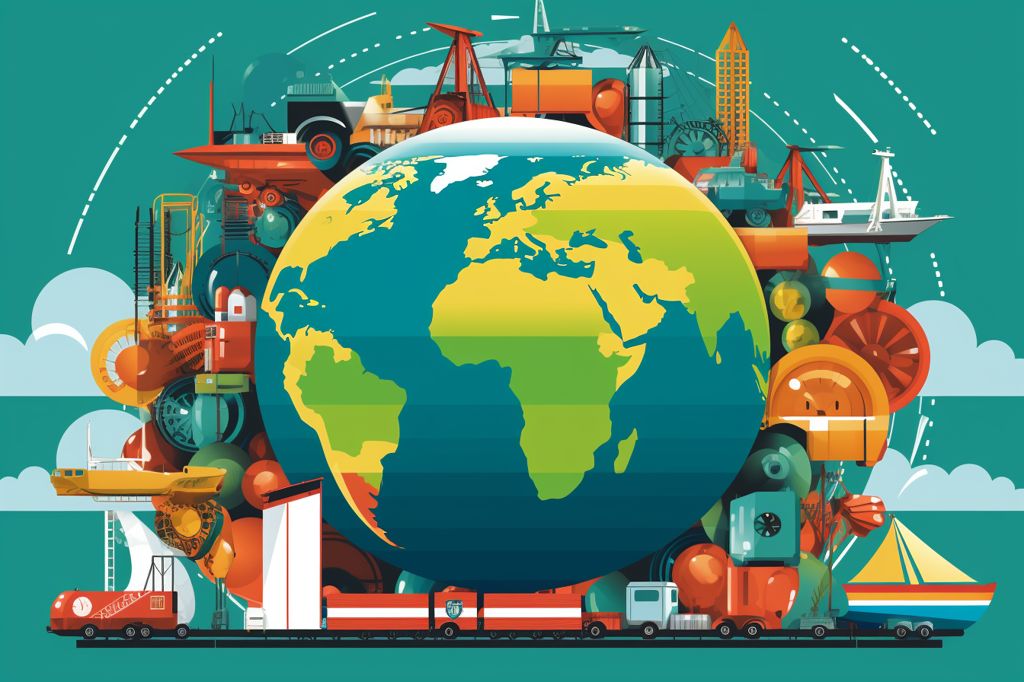The Western Cape region of South Africa has experienced heavy rainfall in the past three weeks, leading to a significant increase in dam levels. This is a marked improvement from earlier this year when water users expressed concerns about the slow rate at which the dams were filling up compared to the previous two years.
Increased Dam Levels
The Western Cape Water Supply System (WCWSS), which provides water to Cape Town and its surrounding areas, has seen its capacity edge towards 100%, surpassing last year’s level of 72.63% during the same period. The Western Cape State of Dams, which represents the total storage for all Department of Water and Sanitation (DWS) monitored dams in the province, currently stands at 85%, up from 56.83% during the same time last year.
The Gouritz River Catchment, covering the Little, Central Karoo, and the coastal belt of the Southern Cape, is now at 68.85%, a significant increase from last year’s 46.51%. The Olifants/Doorn River Catchment on the West Coast has seen a remarkable increase, currently at 98.94% compared to last year’s 24.27%. The Theewaterskloof Dam, the largest dam in the province and accounting for 54% of the Western Cape Water Supply System Dams, has reached full capacity. Most dams in the region have experienced a week-on-week increase of over 5%.
Consequences of Heavy Rains
The heavy rainfall has not been without consequences. The Provincial Disaster Management Centre reports that several regions have suffered from flooding, with the Breede Valley and some informal settlements in Cape Town being the worst affected. Tragically, three people have lost their lives due to the impact of the heavy rains.
While there have been reports of municipal infrastructure damage in various municipalities, there are no immediate reports of damage to DWS infrastructure. The Clanwilliam Dam Construction Site Office remains undamaged, as it is situated well above the floodline and full supply level.
No Immediate Water Restrictions
Currently, the Department of Water and Sanitation is not enforcing any water restrictions, based on the outcomes of the water resource planning model conducted in November 2022. The next decision date for the model will be in November 2023, at which point the department may consider possible water restrictions.
Renewed Water Conservation Efforts
The Western Cape experienced its worst drought in 2017-18, which was mitigated by combined water conservation, water demand management, and enforcement initiatives. Now is an opportune time to renew water conservation efforts to ensure the province achieves water security. The department, in collaboration with local authorities, will continue to promote water conservation awareness campaigns.
Monitoring for Water Security
The Department of Water and Sanitation, other spheres of government, and water specialists are closely monitoring the situation and will implement appropriate measures to maintain water security. The message remains clear: “Water is Life, Sanitation is Dignity.”








